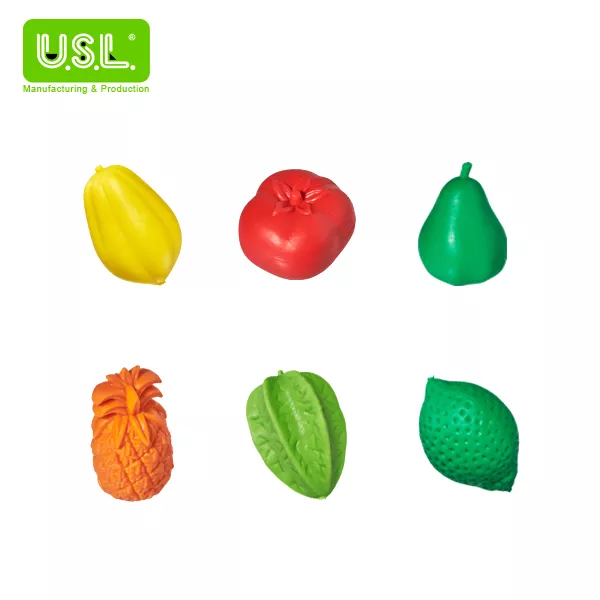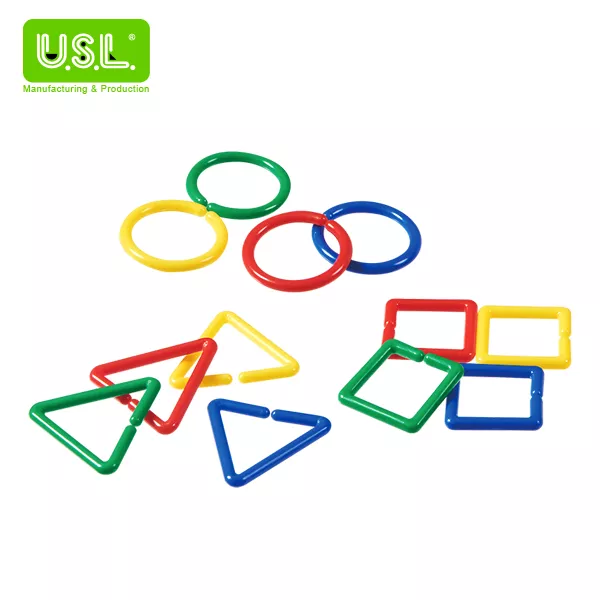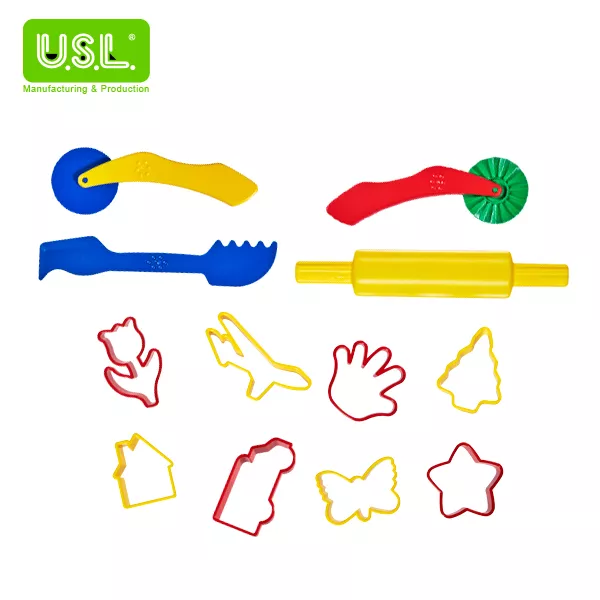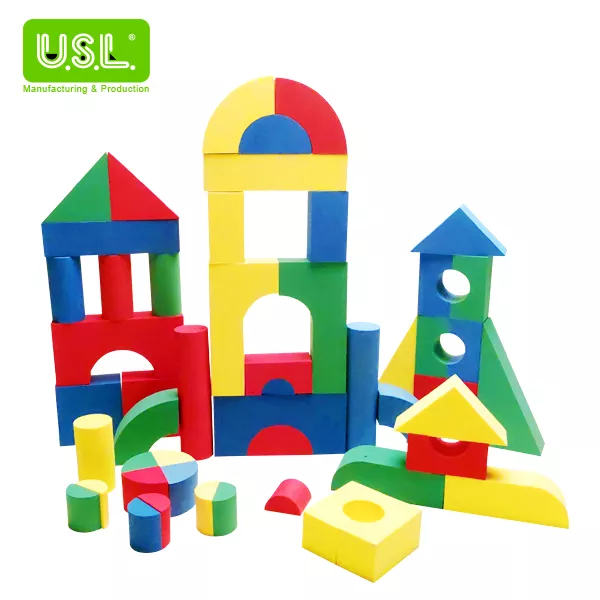How Educational Building Blocks Help Children with Developmental Delays
What is Developmental Delay?
Motor Developmental Delay:
Lag in gross motor skills (such as rolling over, sitting, crawling, walking) or fine motor skills (such as grasping, manipulating objects).
Cognitive Developmental Delay:
Lag in language, learning, memory, problem-solving, and other cognitive abilities.
Social Communication Developmental Delay:
Lag in interacting with others, expressing emotions,understanding others, and other social communication skills.
How Do Building Blocks Help Children with Developmental Delays?
Promoting Motor Development:
Grasping, stacking, and assembling building blocks can exercise hand muscles and refine fine motor coordination.
Enhancing Cognitive Skills:
Recognizing colors, shapes, sizes, and quantities; learning sorting, classifying, and matching skills; and developing logical thinking abilities.
Improving Spatial Skills:
Constructing three-dimensional structures helps children understand spatial concepts and develop spatial reasoning skills.
Nurturing Creativity and Imagination:
Freely creating building block creations can stimulate children's creativity and imagination.
Boosting Self-Confidence and Frustration Tolerance:
Completing building block projects can bring a sense of accomplishment and enhance self-confidence; encountering challenges and setbacks during construction can teach perseverance and problem-solving skills.
How Can Educational Building Blocks Help Children with Developmental Delays?
Promoting Spatial Cognition:
Through building and stacking blocks, children can learn spatial relationships,such as size, shape, and direction, which helps them develop spatial cognition, such as understanding the position and relationships between objects.
Enhancing Hand-Eye Coordination:
Holding, placing, and manipulating blocks require children to translate visual information into actions, improving hand-eye coordination, which is crucial for everyday fine motor skills and hand dexterity.
Nurturing Problem-Solving Skills:
During construction, children may face challenges, such as stability issues or missing pieces. By trying different methods to solve problems, they can develop problem-solving skills and learn from setbacks.
Strengthening Social Skills:
Blocks are a collaborative and sharing form of play. Children can build together,share ideas, and solve problems, fostering their teamwork and communication skills.
How to Choose Building Blocks for Children with Developmental Delays?
Safety:
Blocks should be free of sharp edges or small parts to prevent choking or injury.
Size:
Block size should be moderate and easy for children to grasp and manipulate.
Color:
Block colors should be bright and engaging to attract children's attention.
Material:
Block material should be non-toxic, durable, and sturdy.
Variety:
Block types should be diverse to cater to the developmental needs of children at different ages.
How to Support Children with Developmental Delays Playing with Building Blocks?
Create a Relaxed and Enjoyable Atmosphere:
Allow children to explore and play freely without pressure.
Provide Appropriate Guidance and Demonstrations:
Based on the child's age and abilities, offer appropriate guidance and demonstrations to help them grasp the use of blocks.
Encourage Creativity and Imagination:
Don't over-restrict children's creations; encourage them to express their creativity freely.
Praise Children's Progress:
Affirm children's efforts and progress to boost their self-confidence.
What Building Block Toys Are Suitable for Children with Developmental Delays?
Large and Soft Blocks:
Easy to grasp and manipulate, reducing frustration and enhancing safety.
Interlocking Blocks:
Help children develop fine motor skills, learning to connect and detach blocks.
Textured and Colored Blocks:
Stimulate sensory exploration, aiding color recognition and sensory integration.
Construction Blocks:
Promote fine motor development and enhance cognitive and creative abilities.
Soft Blocks:
Safe and non-toxic, suitable for younger infants.
I hope this information helps you address the issue of developmental delays in children.
Recommended articles
Recommended products




